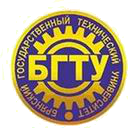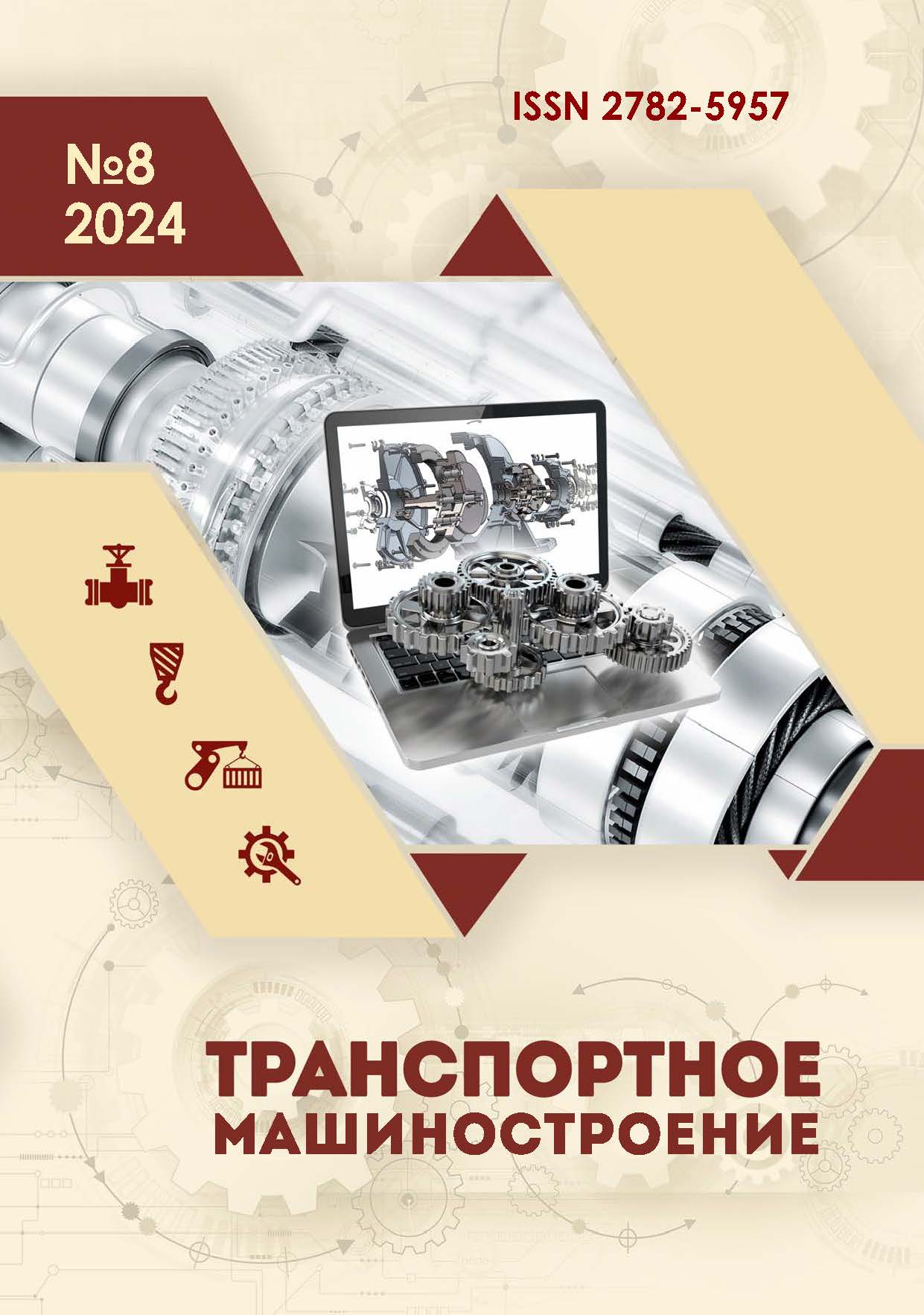employee
Bryansk, Bryansk, Russian Federation
employee
Bryansk, Bryansk, Russian Federation
Khabarovsk, Khabarovsk, Russian Federation
Bryansk, Bryansk, Russian Federation
Russian Library and Bibliographic Classification 345
The paper deals with the issues of technological support to provide the load capacity index of cylindrical sliding friction joints during running-in under step stress. The load capacity of sliding friction joints is one of the tribological characteristics, depending on design and technological factors. The results of studying tribotechnical characteristics of cylindrical sliding friction pairs operating under boundary friction conditions are presented. The working surfaces of these triboelements after preliminary finishing (turning with composite 10 or grinding with the periphery of an abrasive wheel) were subjected to various technological methods of antifriction treatment. In particular, the following methods are considered: 1) application of break-in soft films on the surface of triboelements (shafts) by plating methods; 2) application of break-in soft copper-containing films on the surface of the triboelement (shafts) by friction brassing or chemical copper plating; 3) modification of the surfaces of triboelements with solid nitride-containing coatings (combined treatment) in combination with soft break-in films followed by finishing and hardening surface treatment by surface plastic deformation methods. The shafts were made of 45 steel with subsequent hardening, and the inserts were made of bearing materials recommended in the reference literature (antifriction cast iron ASF-1; babbit B -88; bronze BrOCC -5-5-5 ). Logical models of antifriction treatment methods under consideration and the rationale for their application are presented. Experimental studies were carried out by methods of active experiment on a special test bench having a wide range of changes in stresses on the model of the tested compound and relative sliding velocities of triboelements. Statistical treatment of experimental results made it possible to find out the influence of the studied design and technological factors and running-in conditions on the tribotechnical characteristics of the compounds. The research results are analyzed and on their basis practical recommendations for their use are given. Adequate models of forming the load capacity of joints are obtained, which are recommended to be taken into account at the stages of their design (selection of materials and coatings), machining and running-in.
: load capacity, running-in, provision, friction factor, machining, coating, experiment, models, joints
1. Suslov AG, Fedorov VP, Gorlenko OA. Fundamental principles of technological support and reliability improvement of machine-building products: monograph. Moscow: Innovatsionnoe Mashinostroenie; 2022.
2. 2.Shvedkov EL, Rovinsky DYa, Zozulya VD, Brown EL. Dictionary on friction, wear and lubrication of machine parts. Kiev: Nauk Dumka; 1979.
3. Fedorov VP, Nagorkin MN. Principles and means of technological support for the specified laws of distributing quality parameters over the workpiece surface. Effective technologies of surface plastic deformation and combined machining: monograph. Moscow: Publishing House "Spectr"; 2014.
4. Suslov AG, Fedorov VP, Nagorkin MN. Engineering methods for technological support of regulated roughness parameters of machinery operation surfaces during machining. Science Intensive Technologies in Mechanical Engineering. 2019;4(94):40-48. DOI:https://doi.org/10.30987/article_5c90a59824edf6.80759568
5. Garkunov DN. Tribotechnics (wear and tear). Moscow: Publishing House of the Ministry of Agriculture; 2001.
6. Roikh IA, Koltunova LN. Protective vacuum coatings on steel. Moscow: Mashinostroenie; 1971.
7. Roikh IA, Koltunova LN, Fedosov SN. Application of protective coatings in vacuum. Moscow: Mashinostroenie; 1976.
8. Kostrzhitsky AI, Karpov VF, Kabanchenko MP. Handbook of the operator of installations for coating in vacuum. Moscow: Mashinostroenie; 1991.
9. Nagorkin MN. Parametric reliability of technological systems for finishing and hardening treatment of machine part surfaces with tools made of superhard synthetic materials: monograph. Moscow: Publishing house "Spectr"; 2017.
10. P 50-95-88. Recommendations. Ensuring the wear resistance of products. Main provisions. Moscow: Publishing House of Standards; 1989.
11. Fedorov VP, Nagorkin MN. Technological support for a regular change in the quality of the surface layer of parts during CNC machining. Intensive Technologies in Mechanical Engineering. 2011;2(02):40-46.
12. Nagorkin MN, Fedorov VP, Totai AV, Kovaleva EV. Control of part surface parameter quality during processing with surface plastic deformation. Bulletin of Bryansk State Technical University. 2017;8:4-13. DOI:https://doi.org/10.12737/article_5a3779fb6455f6.47680401.







